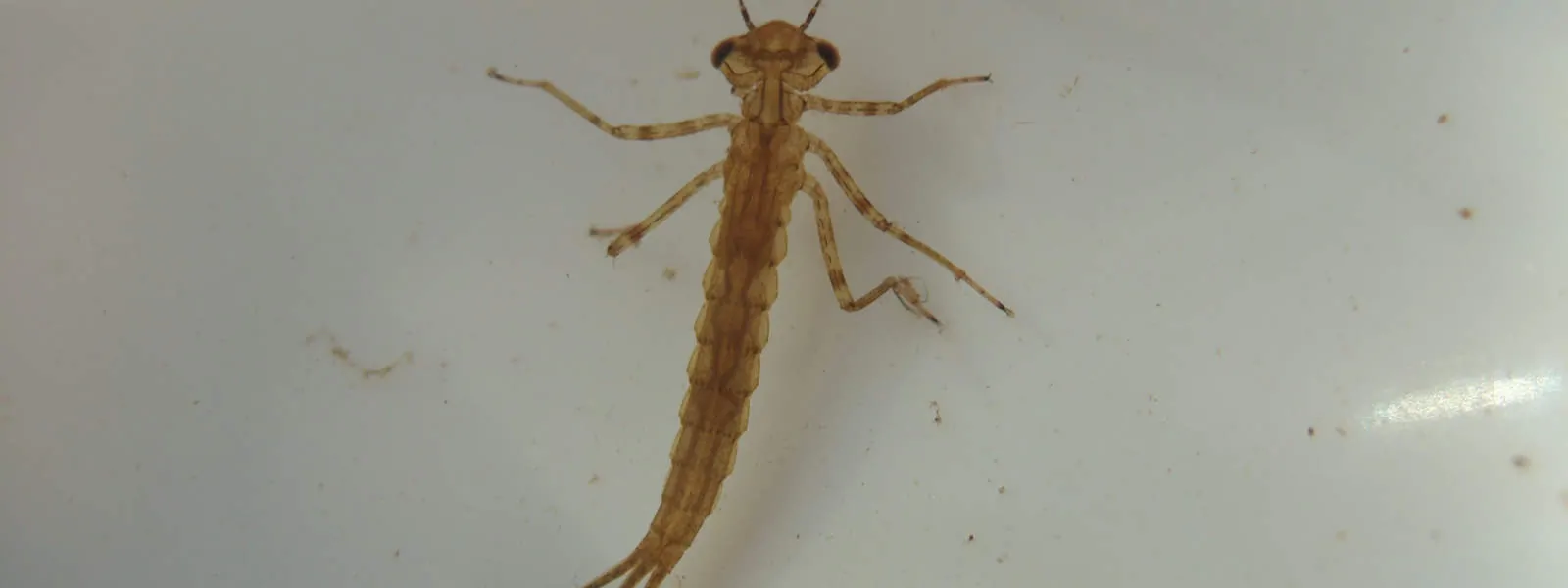This field trip has the following curriculum links
Science: Enquiry
Pupils should be given opportunities to carry out different types of enquiry. The number of observations or measurements that need to be made and their range and values to ensure reliability of evidence. The equipment and techniques required for the enquiry Any potential hazards in their work. KS2 and KS3.
Science: Interdependence of Organisms
Through fieldwork, the plants and animals found in two contrasting local environments, e.g. identification, nutrition, life cycles, place in environment. KS2.
Science: Interdependence of Organisms
The interdependence of organisms and their representation as food webs, pyramids of numbers and simple energy-flow diagrams. KS3.
Science: Interdependence of Organisms
The interdependence of living organisms in those two environments and their representation as food chains. KS2.
Science: Interdependence of Organisms
How and why food webs are affected by environmental factors, e.g. light intensity, water availability, temperature, and their fluctuations. KS3.
Science: Interdependence of Organisms
The environmental factors that affect what grows and lives in those two environments. KS2.
Science: Interdependence of Organisms
How human activity affects the global environment, e.g. acid rain, greenhouse effect, and the measures taken to minimise any negative effects. KS3.
Science: Interdependence of Organisms
How humans affect the local environment, e.g. litter, water pollution, noise pollution. KS2.
Science: Myself and Other Living Things
Learn about the senses that humans and other animals have and use to enable them to be aware of the world around them.
Identify some animals and plants that live in the outdoor environment. KS1.
Science: Myself and Other Living Things
Observe differences between animals and plants, different animals, and different plants in order to group them. KS1.
